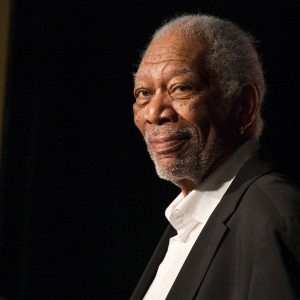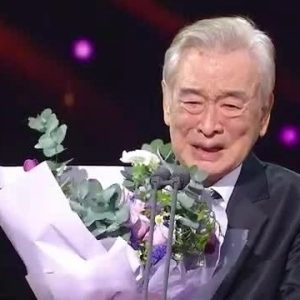The title “Iyanya Vanzant JUST Got Oprah CANCELLED After Exposing This” suggests a dramatic and attention-grabbing event involving the influential figure Oprah Winfrey and the outspoken personality Iyanya Vanzant. While this might be a sensational headline, it’s essential to delve into the context behind such claims and the impact they can have on public perception and media narratives.
Iyanya Vanzant, known for his candid and often provocative commentary on social issues, has a way of igniting conversations that challenge the status quo. If he were to expose a controversial aspect of Oprah’s life or career, it could lead to significant backlash, not only for Oprah but also for the cultural and social movements she has represented. Oprah Winfrey, a long-time media mogul and advocate for various social causes, has built her legacy on positivity, empowerment, and philanthropy. However, like any public figure, she is not immune to criticism or scrutiny.

The idea of “canceling” someone in today’s media landscape can be complex. It often involves a public outcry against an individual for perceived wrongdoings, often amplified by social media. If Vanzant were to bring forth a well-documented critique of Oprah’s actions, decisions, or even her philanthropic endeavors, it could lead to a reevaluation of her impact on culture and society. For example, if he were to highlight inconsistencies in Oprah’s public persona versus her private actions or question the effectiveness of her charitable initiatives, the implications could be substantial.
Moreover, the relationship between celebrities and the media plays a crucial role in how narratives are shaped. Oprah has been a central figure in American media for decades, often seen as a beacon of hope and inspiration. Yet, any allegations of hypocrisy or failure to uphold her values could swiftly alter her image. Iyanya’s exposure could act as a catalyst for a broader discussion about accountability among public figures, particularly those in positions of power and influence.
In a time when social media can amplify voices, Iyanya’s critique could resonate with a younger audience that values authenticity and transparency. This demographic is more inclined to hold celebrities accountable for their actions and seek out genuine representation in media. As Vanzant shines a light on Oprah’s potential flaws, it raises questions about the narratives we accept and the figures we elevate in society.

While the implications of Iyanya’s actions could be significant, it’s also crucial to consider the potential for growth and dialogue. Public figures like Oprah have the opportunity to engage with critiques constructively, fostering a space for learning and improvement. Rather than being “canceled,” figures can evolve through transparency and accountability, addressing concerns raised by their critics.

In conclusion, the notion that “Iyanya Vanzant JUST Got Oprah CANCELLED After Exposing This” invites a deeper examination of celebrity culture, accountability, and the complex dynamics between public personas and private realities. While the headline captures attention, the real story lies in the conversations that emerge from such revelations and the potential for growth within the realm of public influence. This scenario underscores the importance of critical engagement in media narratives, challenging audiences to think critically about the figures they admire and the values they represent








